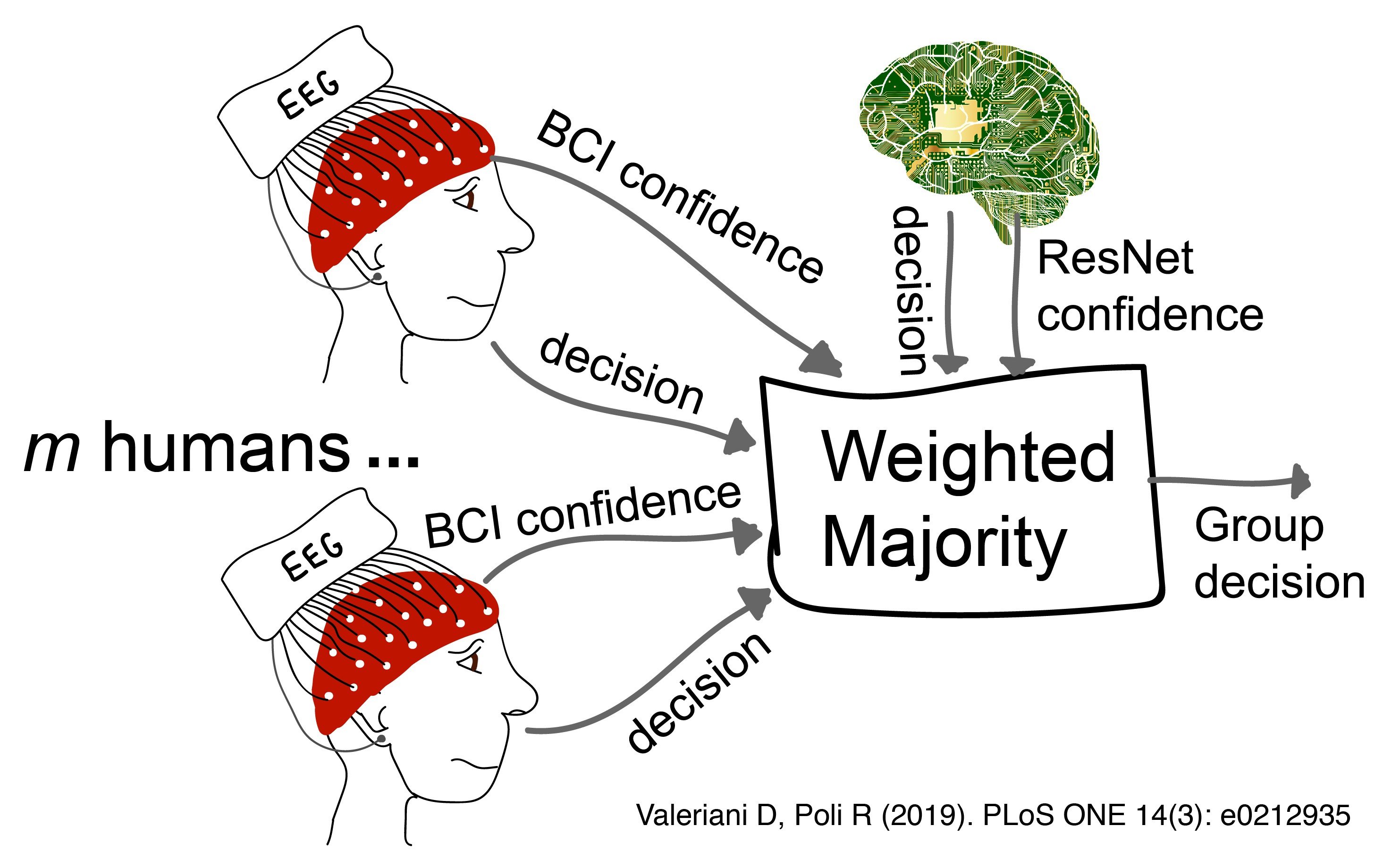Farid Hamzei-Sichani, Assistant Professor of Neurological Surgery
BARI: Bilateral Academic Research Initiative
International partnerships for high-impact science
BARI: Bilateral Academic Research Initiative
International partnerships for high-impact science
This project aims at developing a novel architecture for complex group decision making that integrates in an unprecedented way the strengths of human and AI team members, while compensating for their respective weaknesses.
Our architecture leverages three core AI elements to extend the capabilities of human decision makers: virtual humans, virtual personal assistants and virtual team assistants. Virtual humans are artificial agents based on advanced AI and machine-learning techniques effectively behaving like equal team members to the humans. They can make their own decisions in the task at hand, and, like humans, evaluate and communicate their degree of confidence in those decisions, provide explanations for their decisions if asked, learn to trust and become trusted, and understand when their performance is degrading and they need to abstain. Virtual personal assistants are artificial agents that incorporate Brain-Computer Interface (BCI) technology, advanced neuroscience and neural engineering to collect neural, physiological, and behavioral information from a human decision maker. They use this input to estimate the probability of each decision being correct (objective confidence) and recognise states (e.g., error-related potentials in the brain) that indicate mistakes and changes of mind by the human operator as well as negative reactions to other team members’ decisions. Finally, the virtual team assistant is an artificial agent that monitors behaviors, performance and mutual trust of all team members as well as verbal and non-verbal communication in humans to optimally integrate their decisions into team decisions, while constantly guiding the social interaction within the team for the purpose of optimizing performance and teamwork (e.g., building mutual trust).
To address the challenges posed by the project we have assembled a multidisciplinary team with expertise in AI, machine learning, neural engineering, computer science, neuroscience and cognitive psychology. We take a fully integrated approach by combining rare state-of-the-art experimental capabilities with novel computational modeling and AI technology. Complementary behavioral and multimodal neuroimaging research (EEG, fMRI and ECoG) will collect data to study and model key elements of decision making, including decision confidence, trust, performance feedback, attention and emotions, and will guide the development of BCIs, AI trust models, and humanized forms of machine learning capable of expressing confidence and providing explanations.
